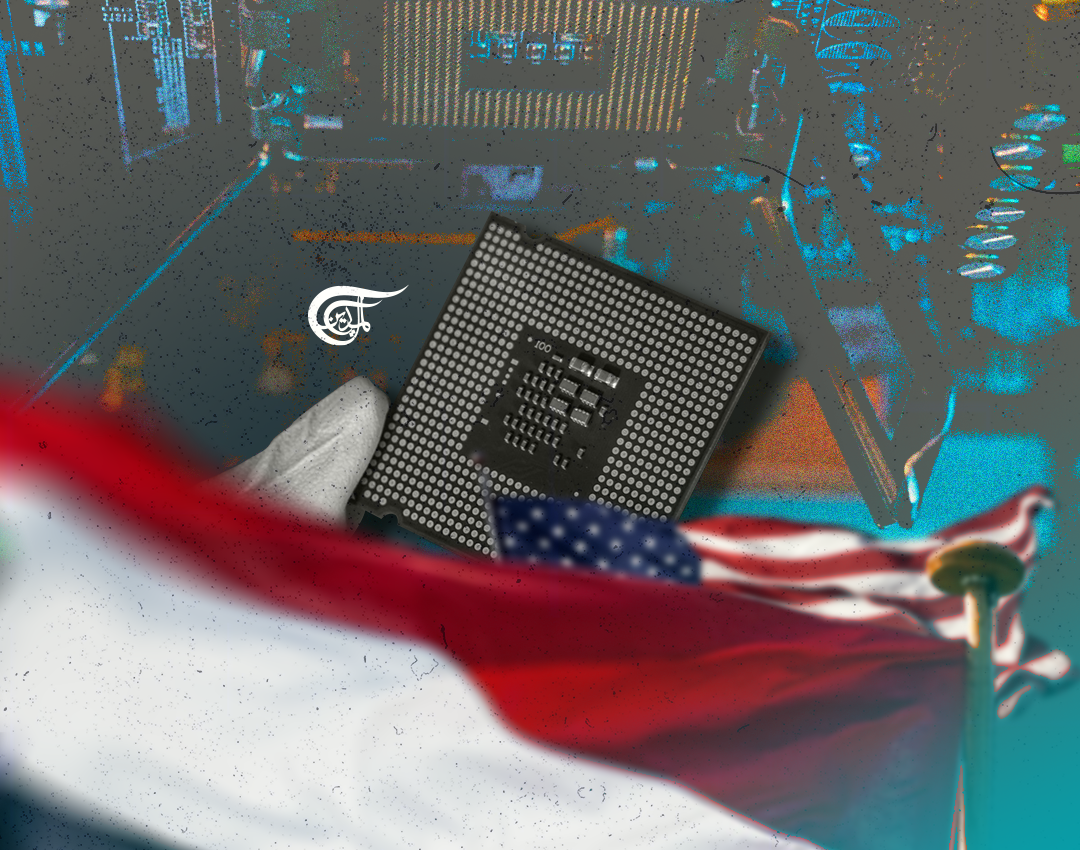No sovereign state should go by the American playbook on trade
There is plenty to gain from expanding existing strategic partnerships and the smooth progression of bilateral ties in the absence of American interference.
It is a known fact that most sovereign states who have decided to bandwagon with American trading tactics have met an unenviable fate. The decision by the Netherlands to impose new export controls on microchip manufacturing equipment is unfortunate. It essentially entails that Amsterdam has embraced America’s ‘Tech Hegemony’ and decoupling strategies vis a vis China by blocking the sale of some of its valuable chips and printing machines to Beijing. For a country that has sought and advocated for upholding the stability of global industrial supply chains and promoting orderly international trading environments, instead of polarized and divided ones, better sense should prevail.
There are reasons as to why countries such as the Netherlands should not go by the American playbook. Firstly, the rationale cited for imposing new export controls lacks conviction as it is eerily similar to the US reasoning when it imposed its own export controls on China in October 2022. The same discredited narrative of the PRC intending to produce weapons of mass destruction is punctured by a lack of evidence. The fact that the WMD argument is being cited by the Dutch Foreign Trade Minister, Liesje Schreinemacher who wrote a letter to lawmakers in the Netherlands marks a sharp detraction from the Dutch principle of cooperating and strengthening trade with China. Secondly, like most myths promoted by the Washington D.C. security establishment, the chip ban initiated by the United States has nothing to do with instilling security but is an attempt to choke off the supply of cutting-edge chips to China which constitutes reckless economic competition.
Note further that in early 2023, Amsterdam dismissed American pressure on adopting export controls and pledged to deepen cooperation with China on economic issues and trade. In a telephonic conversation between Foreign Minister Qin Gang and Dutch counterpart Wopke Hoekstra, FM Hoekstra stated that the Netherlands stood ready to engage with China and push forward the bilateral comprehensive cooperative partnership. More importantly, he affirmed that the Netherlands will handle trade affairs with China in a responsible manner. Responsibility entails adopting an independent trade policy which is devoid of bias or geopolitics which the United States has adopted in its entire economic approach with China.
There is plenty to gain from expanding existing strategic partnerships and the smooth progression of bilateral ties in the absence of American interference. China and the Netherlands witnessed $130.25 billion in trade or a 12% increase year on year in 2022 with a Dutch company and leading lithography, ASML affirming the importance of stability and reliability in the absence of further disturbances in the global semiconductor industry. As of 2022 and within the European Union, the Netherlands is China’s second-largest trading partner after Germany while China is the Netherlands' second-largest trading partner outside the EU. By investments, the Netherlands is the largest destination for Chinese investments among all EU states while it is the second largest source of investment for China. Regular trips of the China-Europe Railway Express also establish amity, goodwill, and trust between the two sides.
By partaking in the new policy that imposes export controls on microchips manufacturing equipment, however, the Dutch government is compromising on the positive trajectory and mutual understandings reached between the two countries including building on sound trading ties and the inherent potential of corporations such as the ASML. China accounts for 18% of the company’s order book according to Chief Financial Officer, Roger Dassen yet after the controls, the ASML will have to apply for export licenses for the shipment of products such as the most advanced deep ultraviolet machines (DUV) which are part of the company’s chips printers’ portfolios. Clearly, the Netherlands stands to lose and not gain from such policies.
It is clear that American machinations are only sowing trouble and discord amongst states and the relationship between the Netherlands and China is no different. According to the Director of the Department of European Studies at the China Institute of International Studies, Cui Hongjian, the Netherlands has historically relied on market principles and WTO rules to conduct business with China and any decision on part of Amsterdam to follow the US prevention of chip exports would violate these principles and damage its international reputation. There is much to lose by bandwagoning with the American trade policy vis-à-vis China.
The detrimental trade war initiated by the Donald Trump administration and perpetuated by the Biden administration in terms of choking China’s economy is not a policy decision that countries across Europe or elsewhere should endorse. China has retained its profile as one of the most respectable economies in the world which has tempered its GDP growth targets and opted for competence over novelty while retaining its Central Bank Governor and Finance Ministers. There is much to gain from apolitical cooperation and the Dutch example should be an eye-opener for all those who vouch for the basic tenets of the WTO.
Hence, it is high time that countries such as the Netherlands realize that the US with its geopolitical ambitions is only interested in decoupling and bullying practices which have caused grave harm to market-based, free trade rules. The fact that Amsterdam had advocated for supply chain resilience and global industrial stability would mean that its decision to impose restrictions on chip exports would be a marked detraction from its early stance on trade with China. Course correction would ensure that the bilateral relationship moves in the right direction which is the need of the hour.

 Hamzah Rifaat
Hamzah Rifaat
 6 Min Read
6 Min Read












